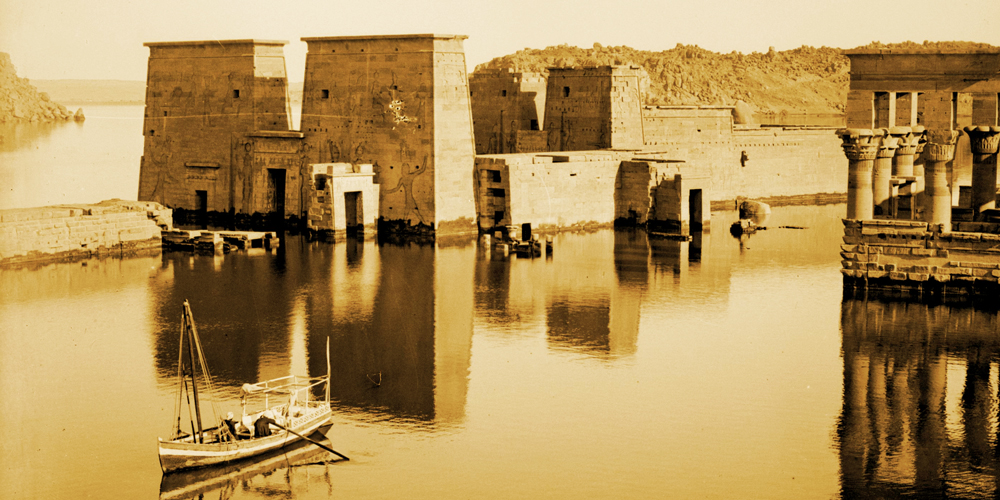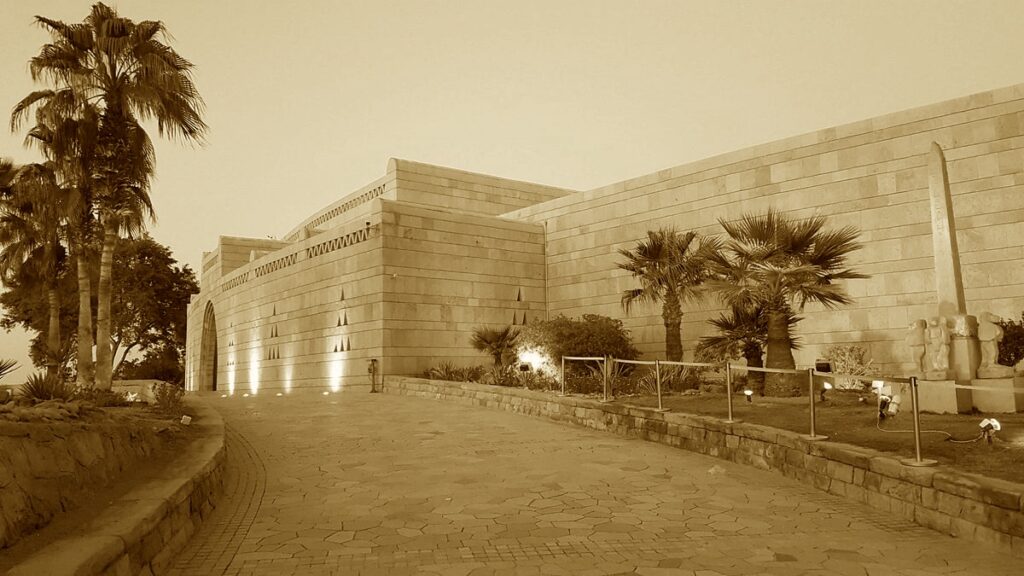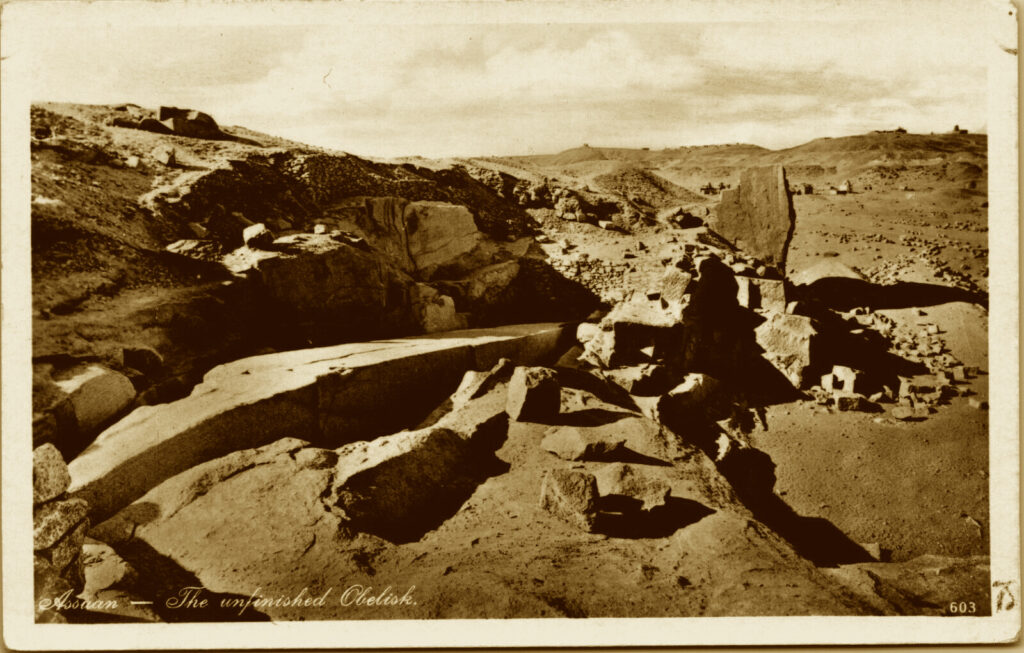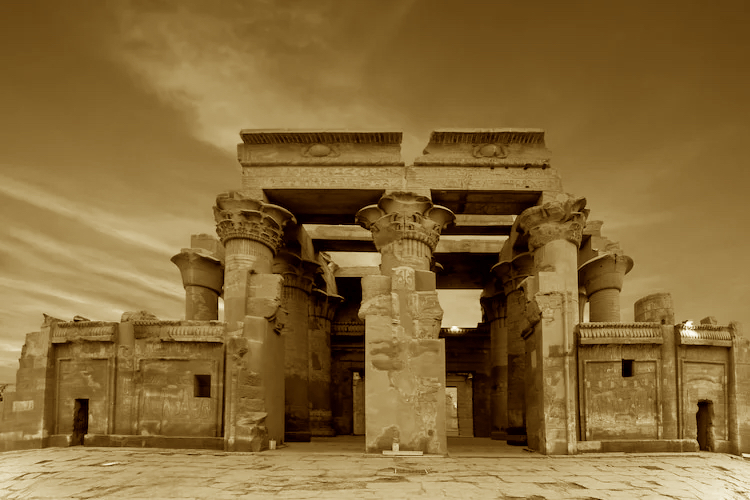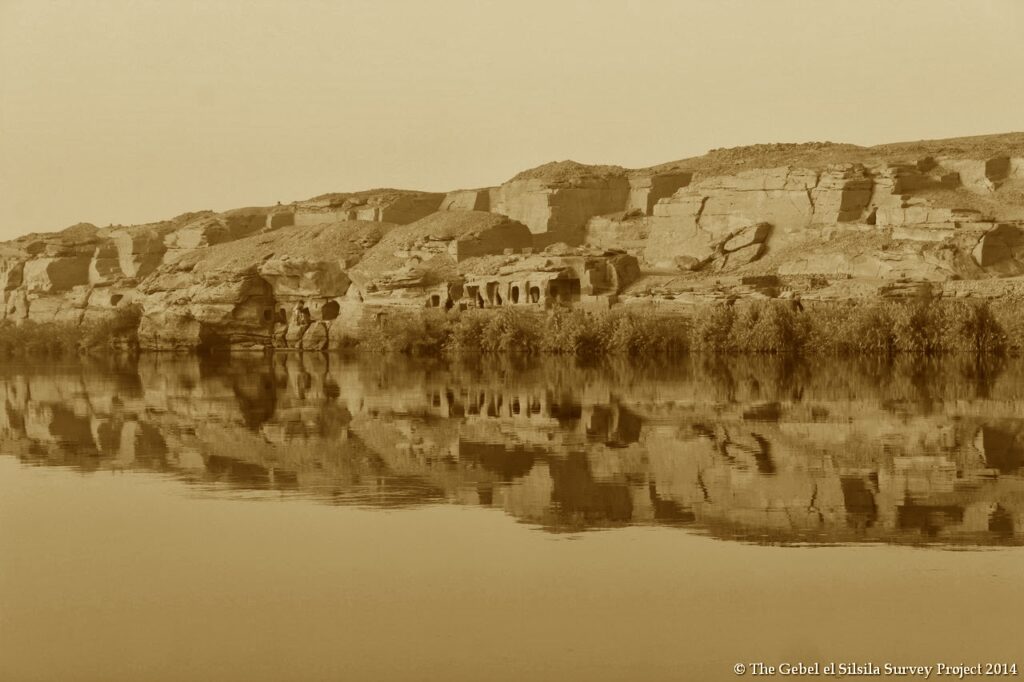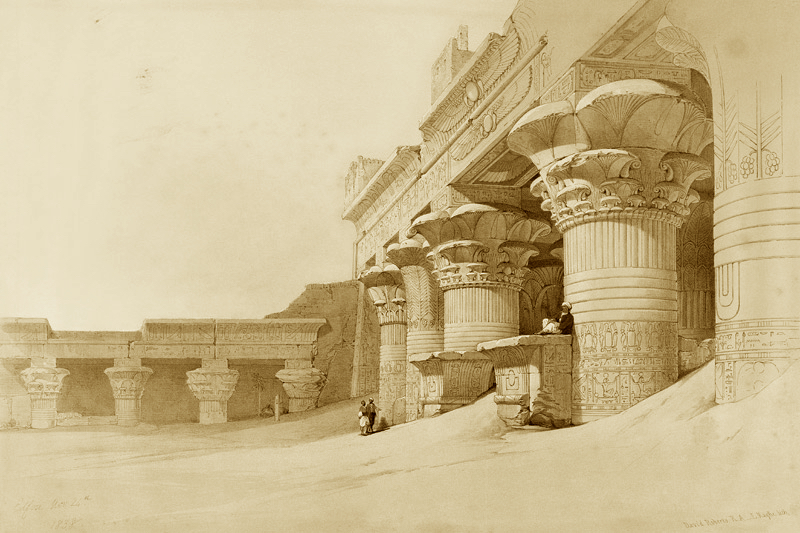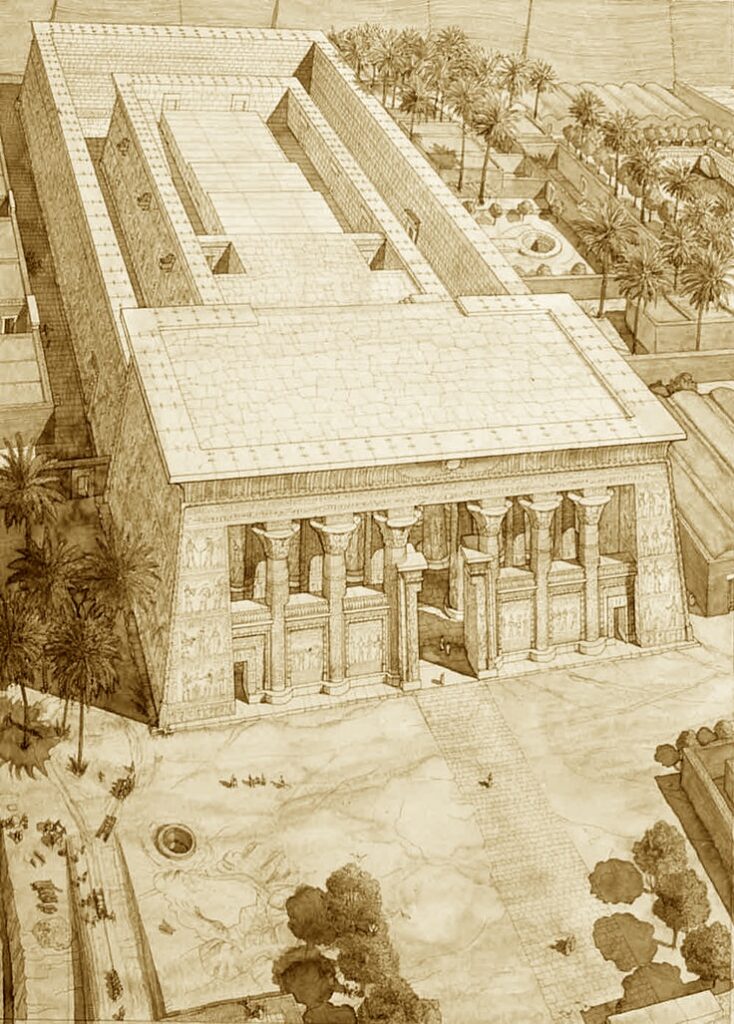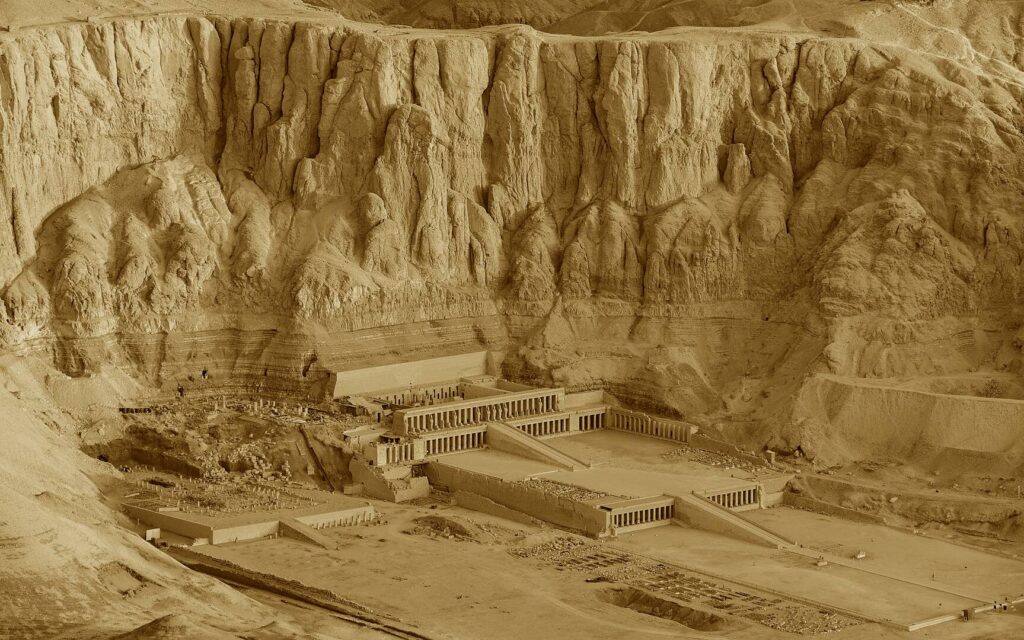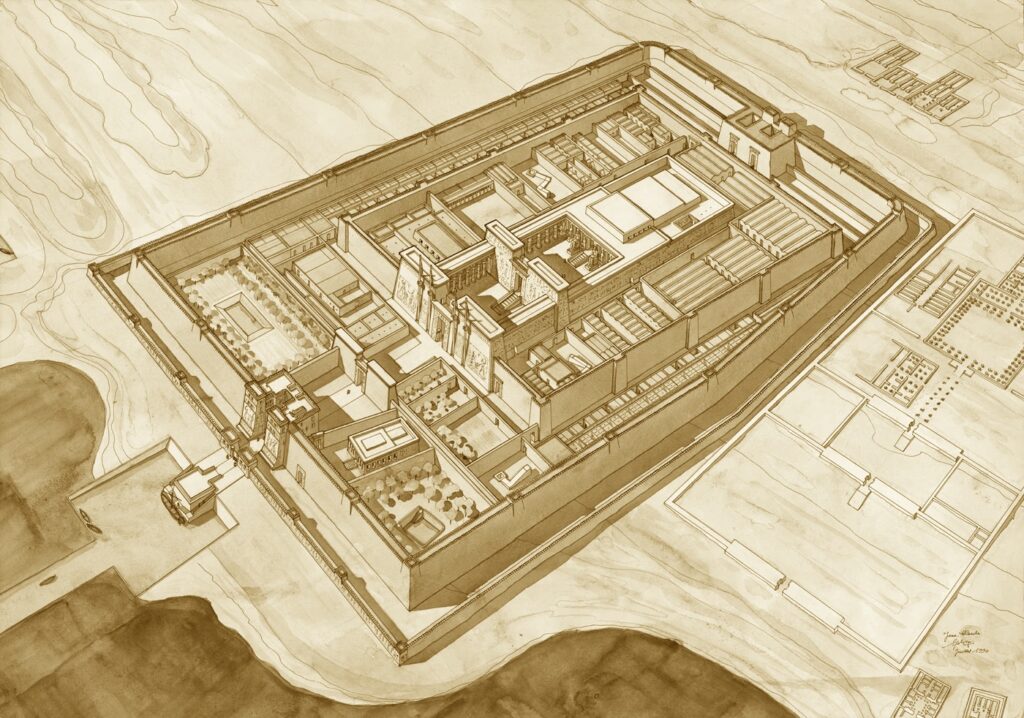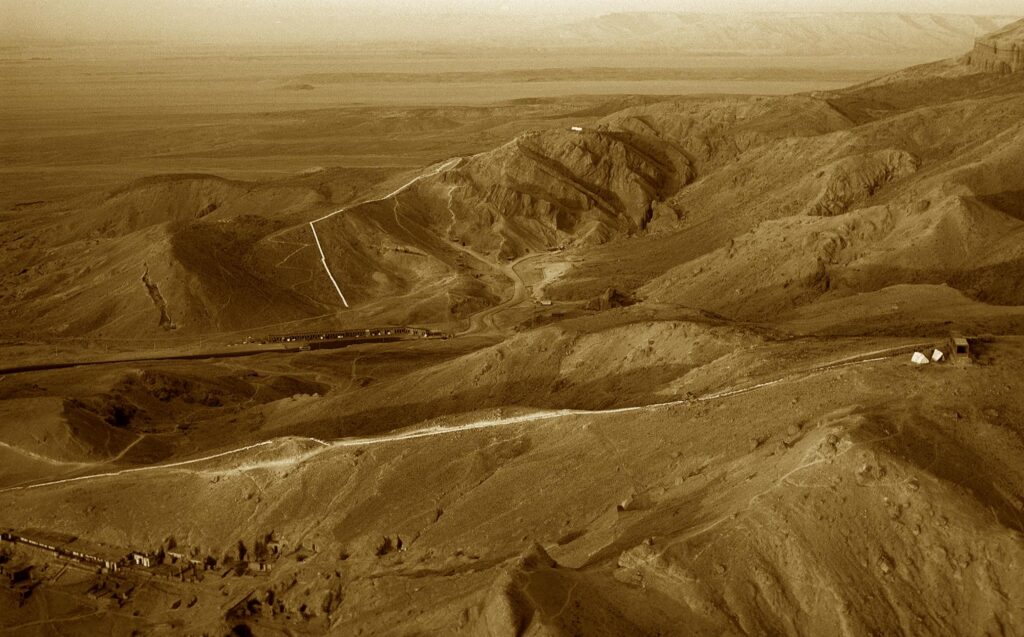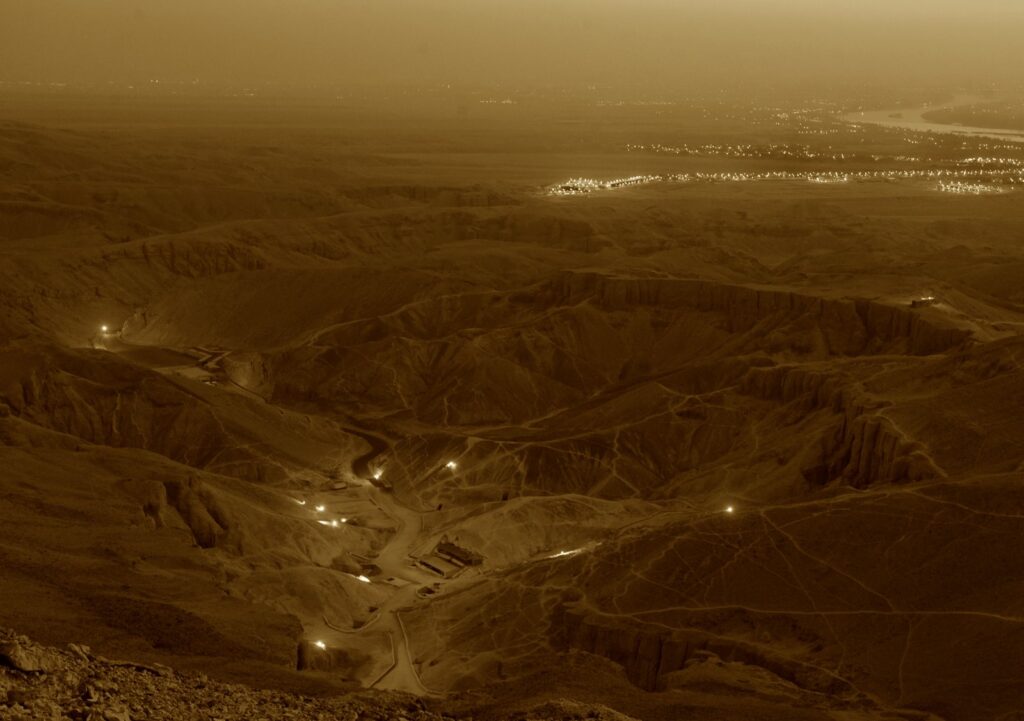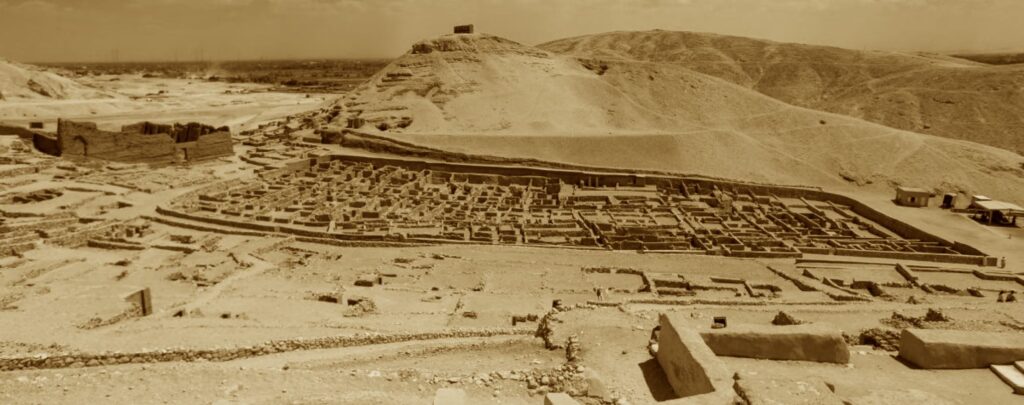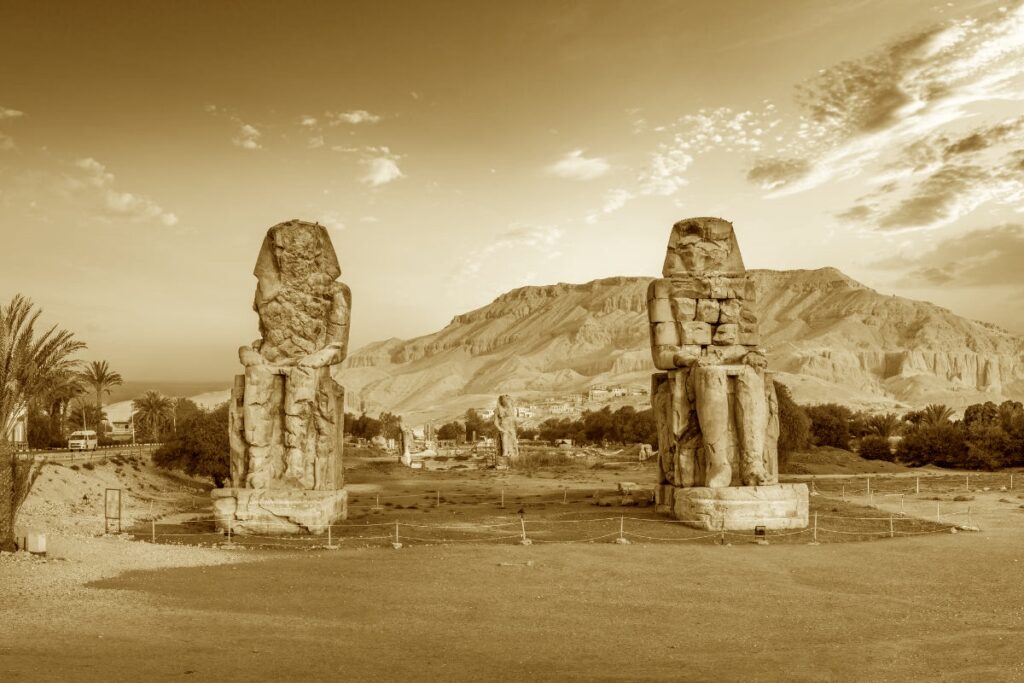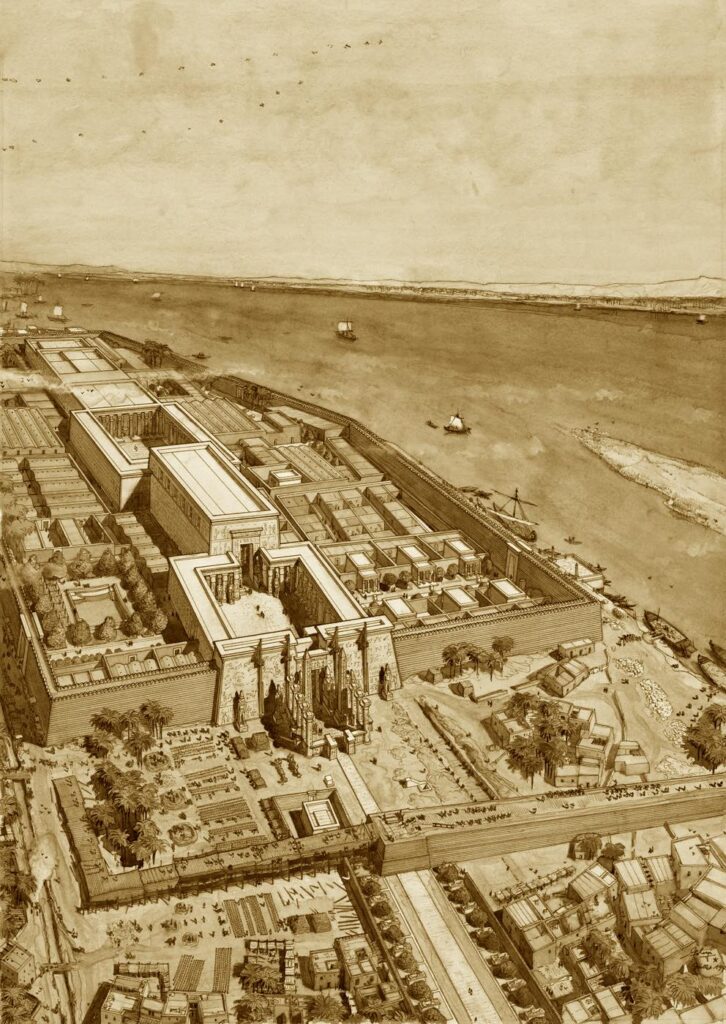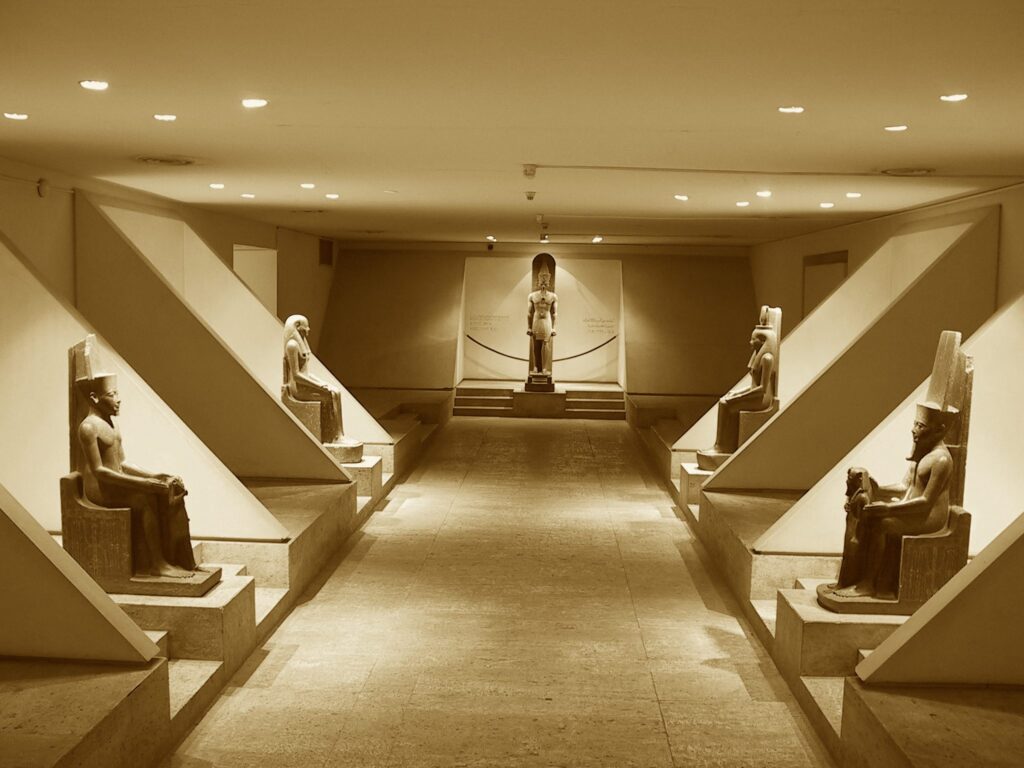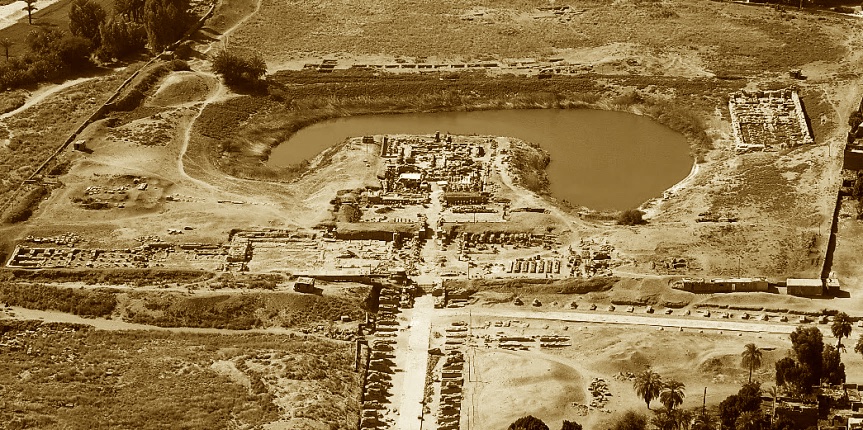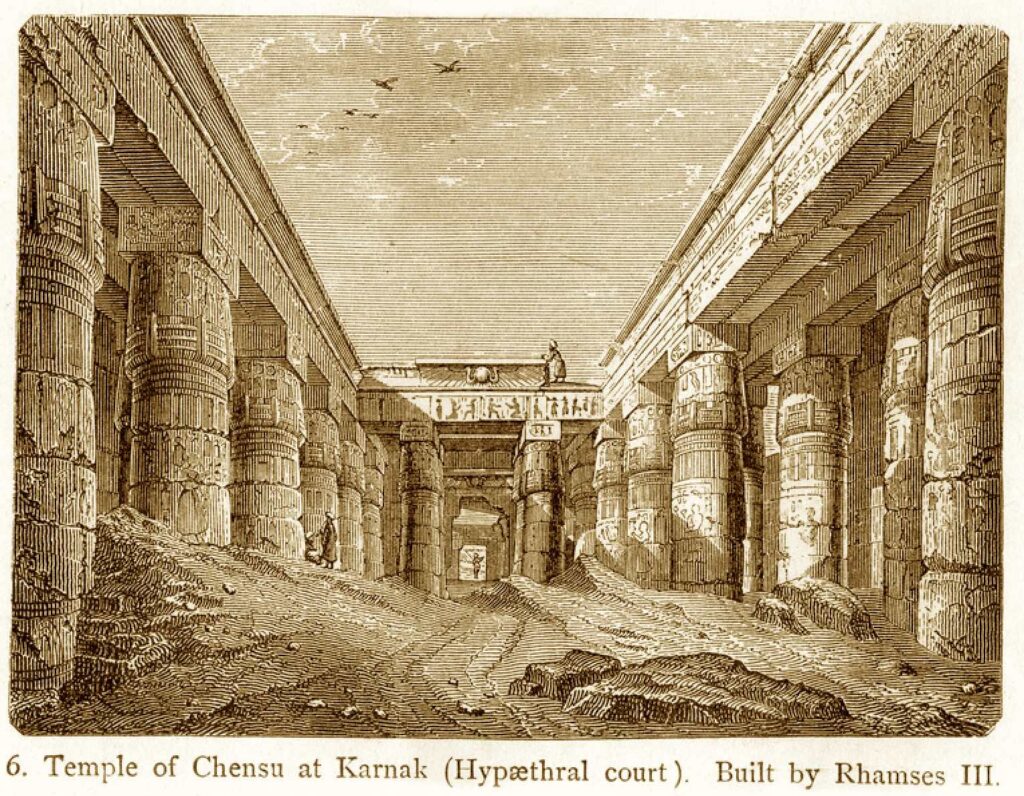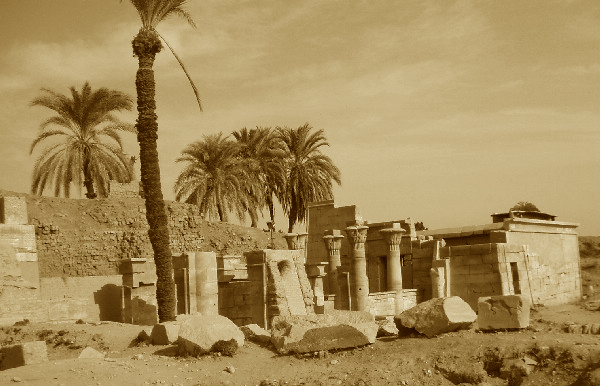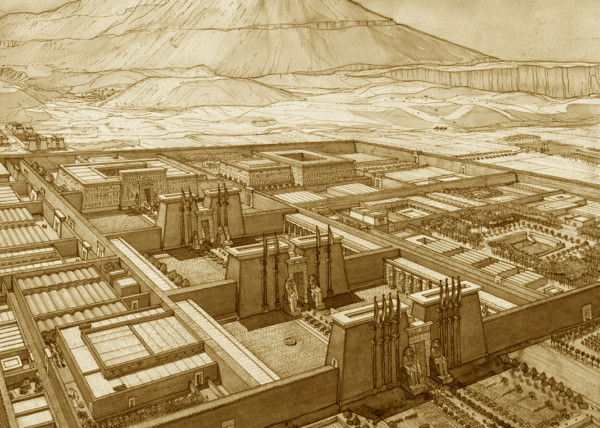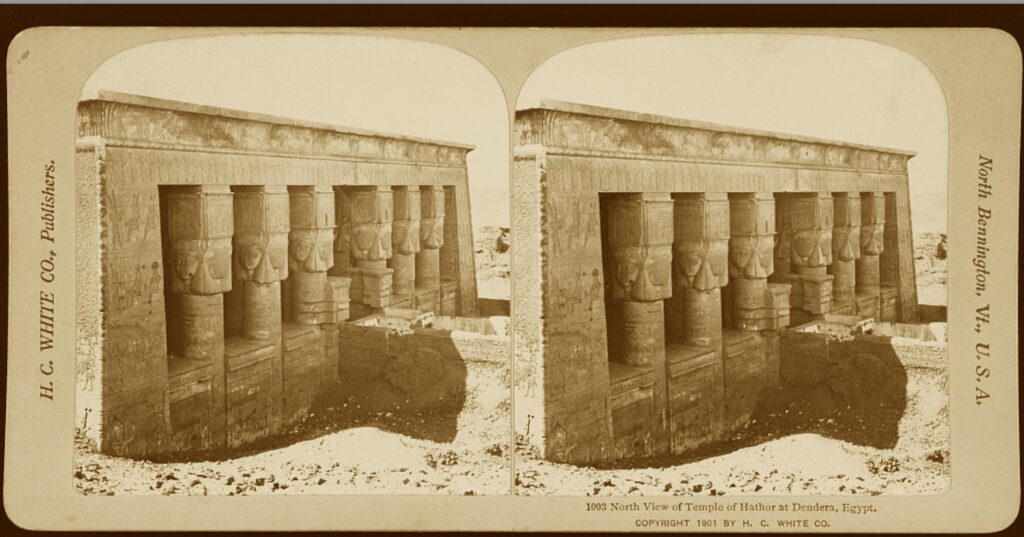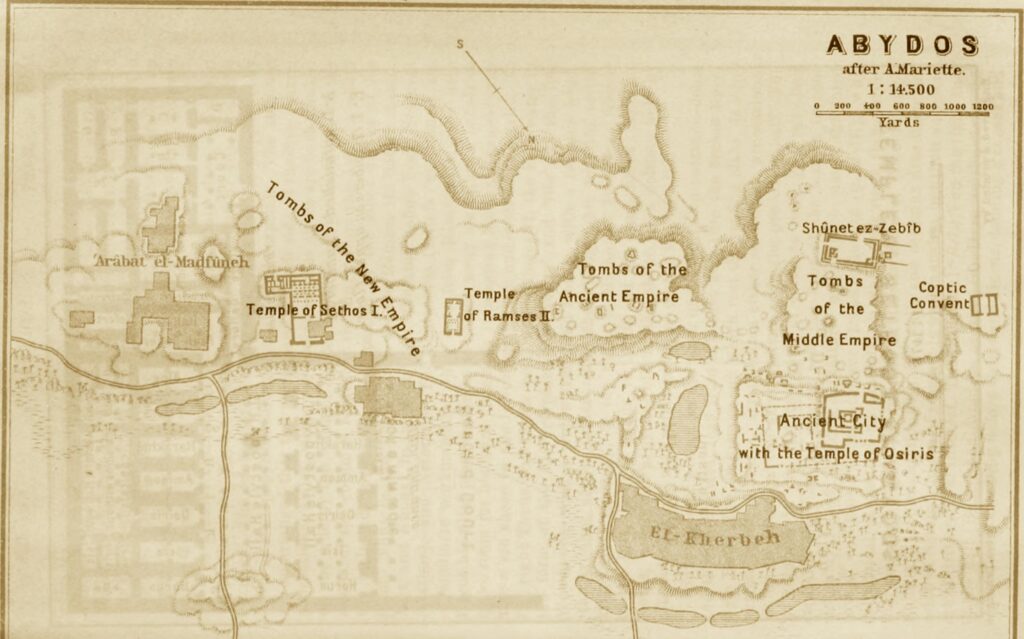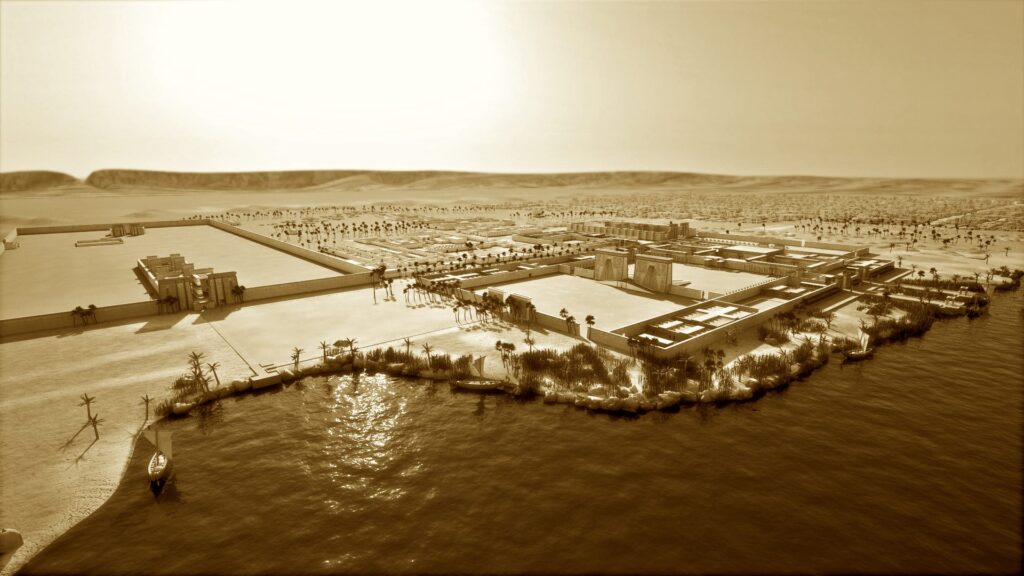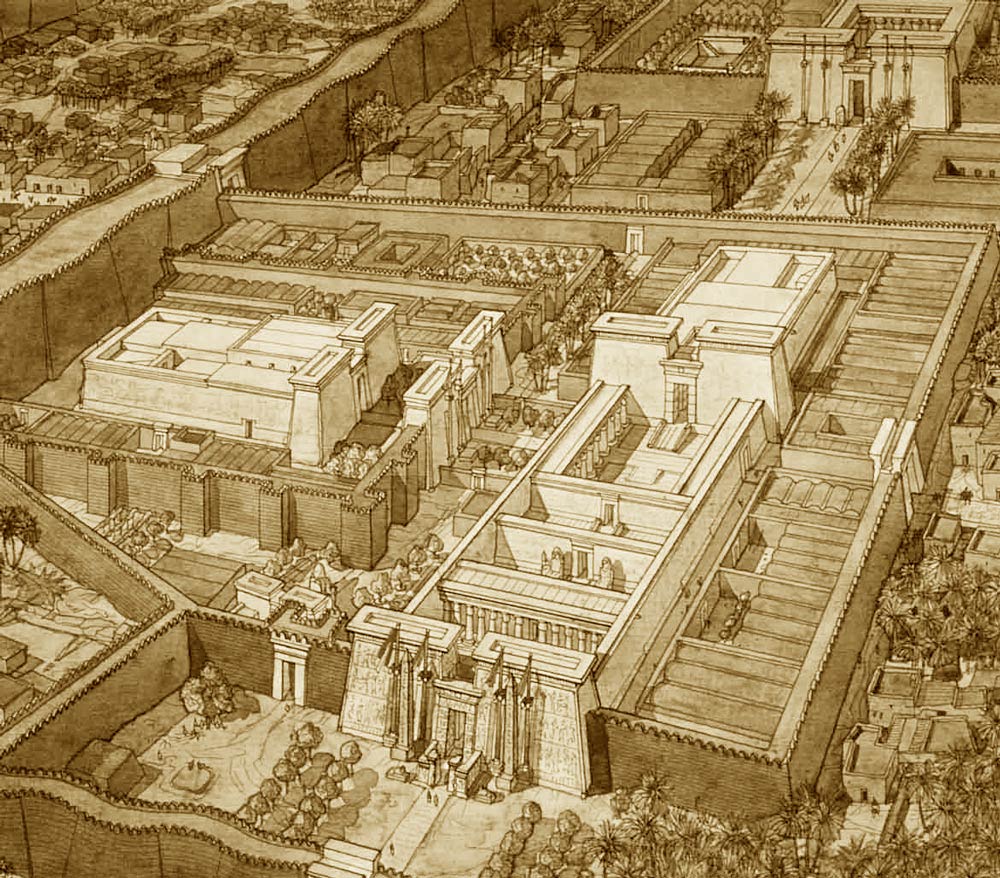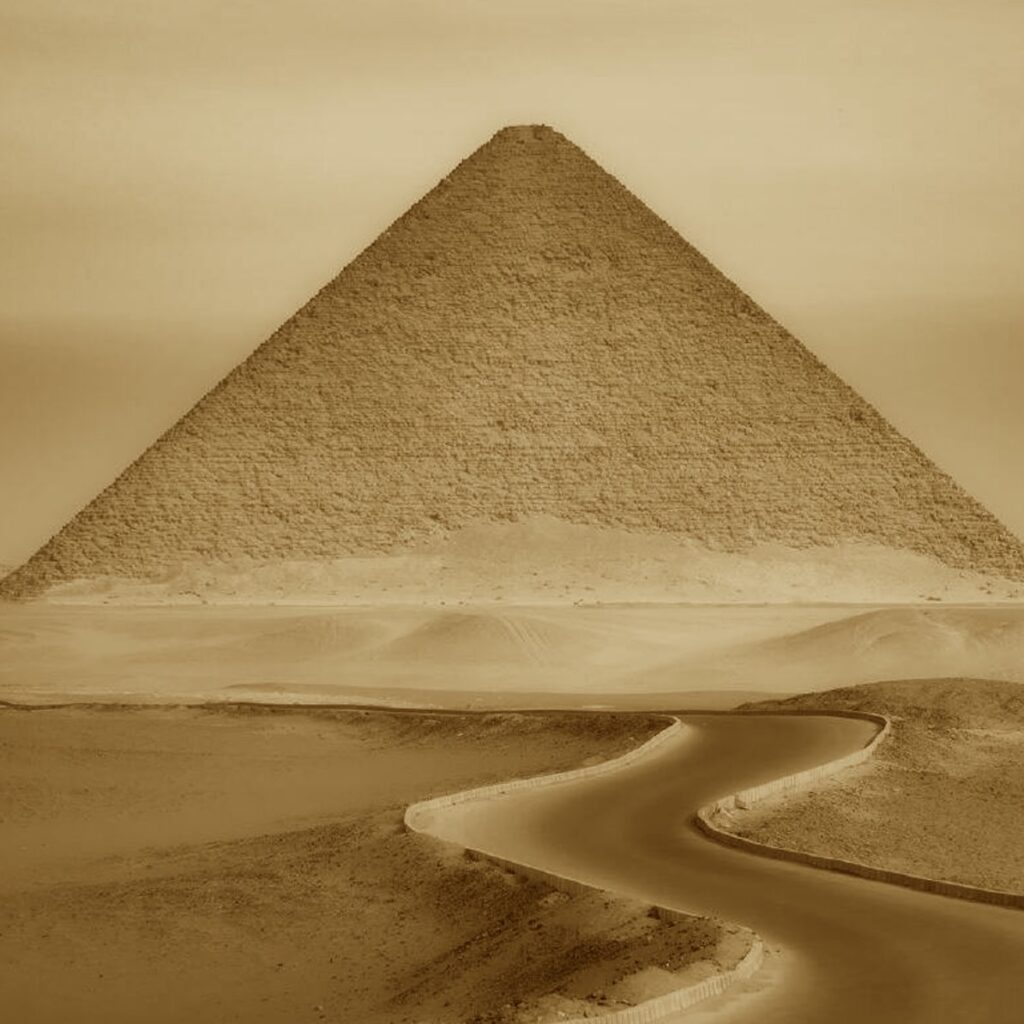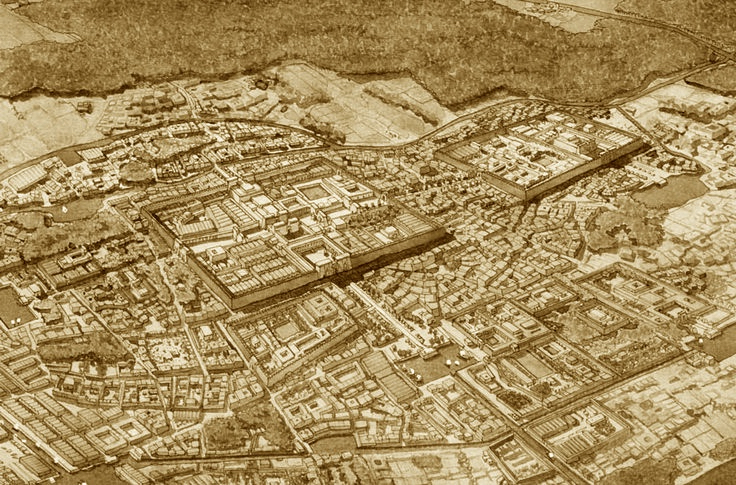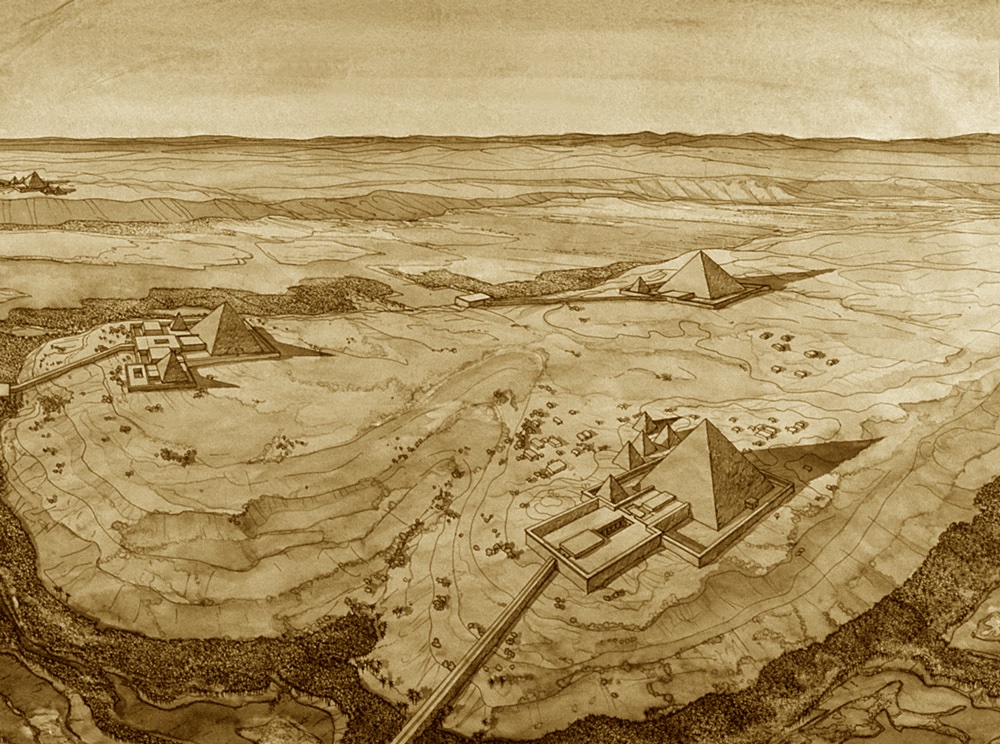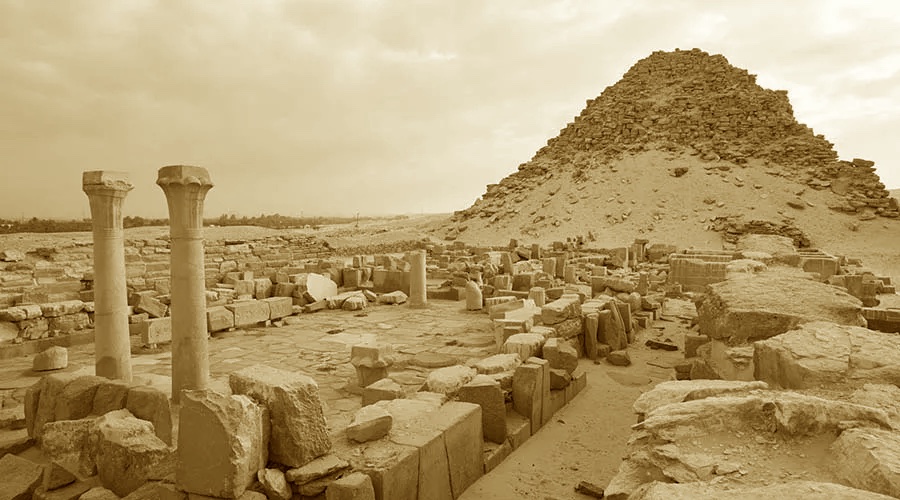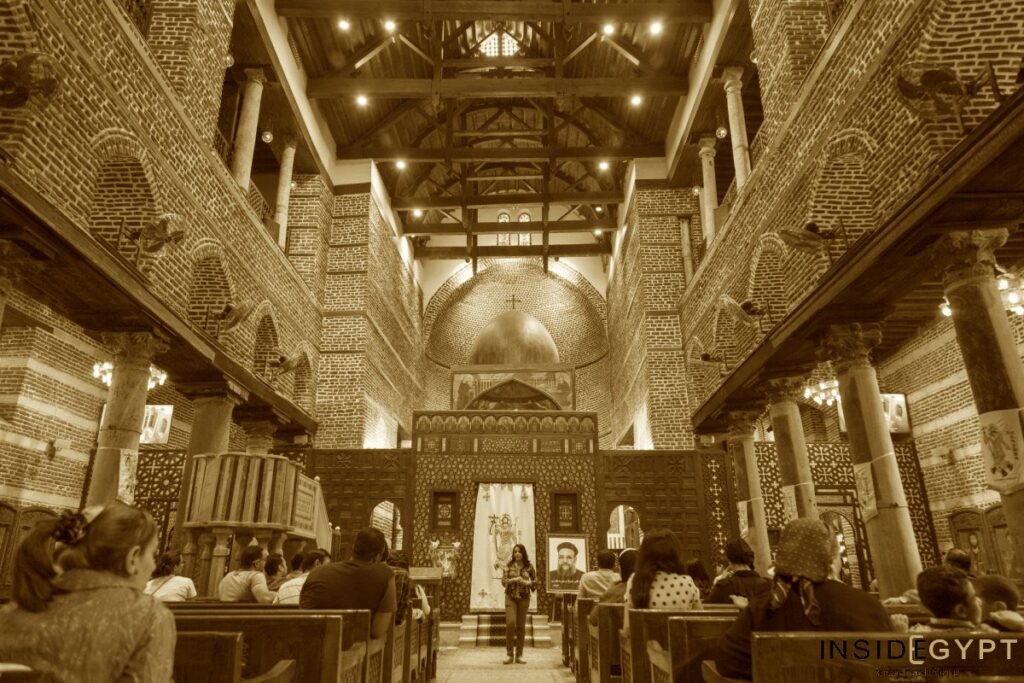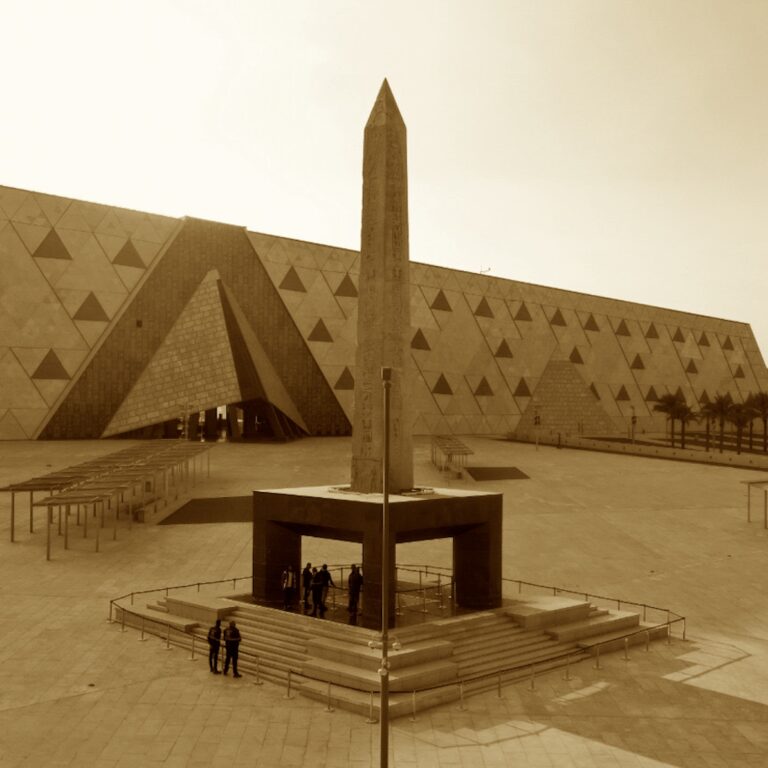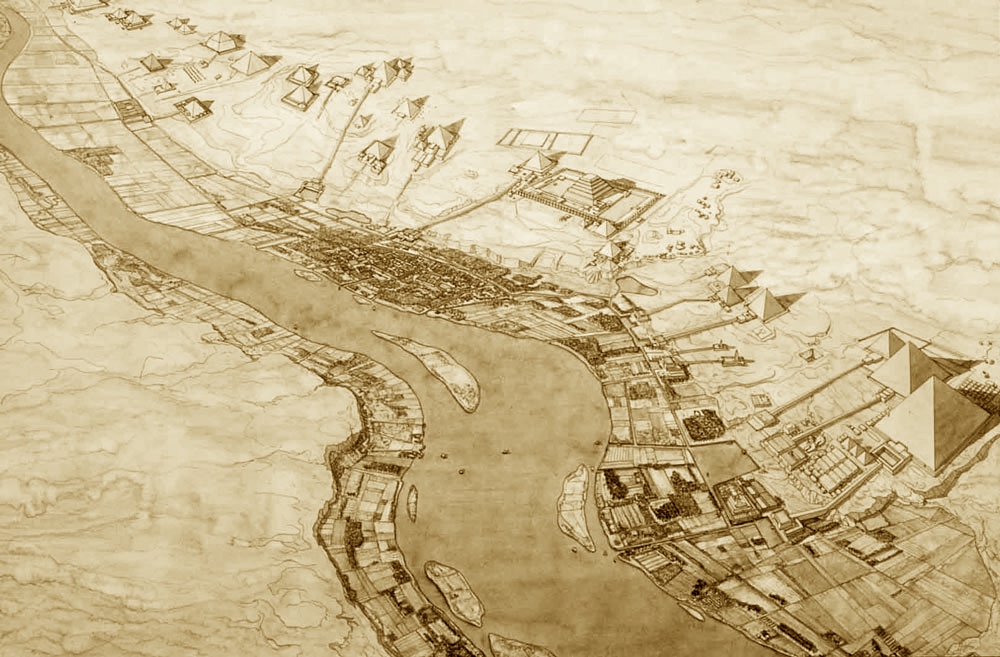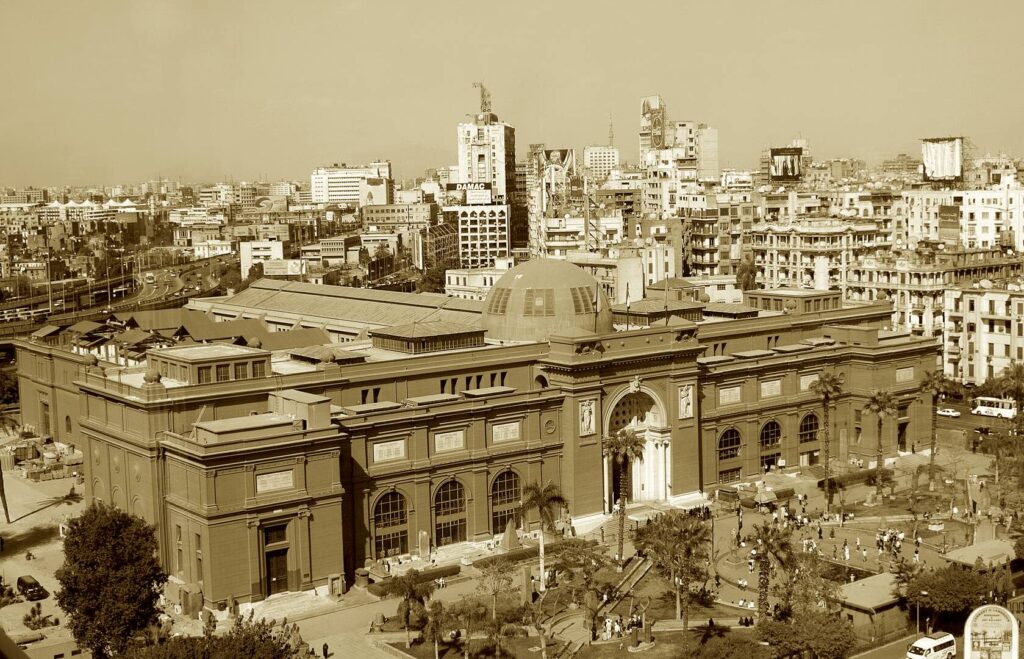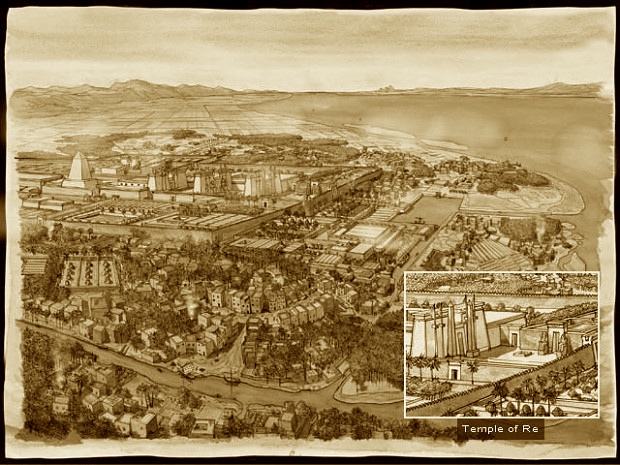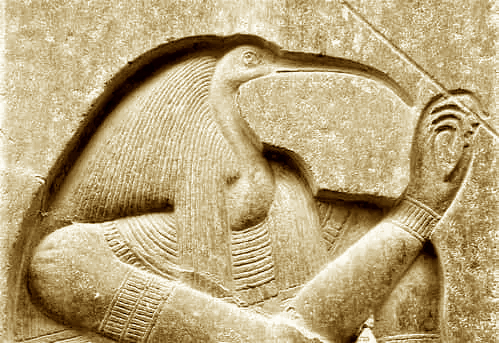Dr. Monica Hanna
Dr. Monica Hanna is an international figure in the world of Archaeology. She did her undergraduate studies in Egyptology and Archaeological Chemistry at the American University in Cairo (AUC), 2004. Hanna then pursued an MA TEFL 2006 at AUC as well. She later joined the University of Pisa, Italy to complete her doctorate in archaeology entitled ‘Problems of Preservation of Mural Paintings in the Theban Necropolis: A Pilot Study on the Theban Tomb 14 using 3D Scanning Techniques’.
From July 2011 until November 2012, Monica was a post-doctoral fellow in the Topoi Cluster of Excellence in the Department of Egyptology and North African Studies in Humboldt University.
Currently, Hanna is an associate professor and the acting Dean of the College of Archaeology and Cultural Heritage, Arab Academy for Science and Technology and Maritime Transport (AASTMT) in Aswan, Egypt where she has founded a program specialized in Archaeology and Cultural heritage with eight departments.
Her research focuses on space, knowledge and identity of archaeological sites, with particular interest on different meanings and reflections of heritage on identity of space and communities. She has worked on a project in al-Qurna, Luxor on the different narratives of the multiple worlds of the Theban Necropolis and its meanings to the various stakeholders. Post the year 2011, Hanna has been working with the media and a group of volunteers to bring awareness to the plight of various archaeological sites in Egypt, including and especially Dahshur, Abu Sir el-Maleq and Ancient Heliopolis. She spoke and defended the heritage of Egypt and its protection.
Hanna has been granted numerous awards including the SAFE beacon award for 2014 for her efforts in the salvage of antiquities under conflict and was named by UNESCO the Monuments Woman of 2014. She has also received ‘Distinguished AUC Alumna’ two times, once in Cairo 2014 and the other in New York 2015. Her current research focuses on decolonizing and democratizing archaeology, repatriation and restitution amongst methods for accessibility for the wider public to archaeology and heritage with particular interest in digital humanities.
In 2020, she was awarded a research grant as part of Action for Restitution in Africa in collaboration with University of Oxford and University of South Africa.
In 2021, she was awarded the most 50 influential women in Egypt.
Supervisors: Salima Ikram
Address: The Arab Academy for Science, Technology and Maritime Transport.
Aswan
Egypt

